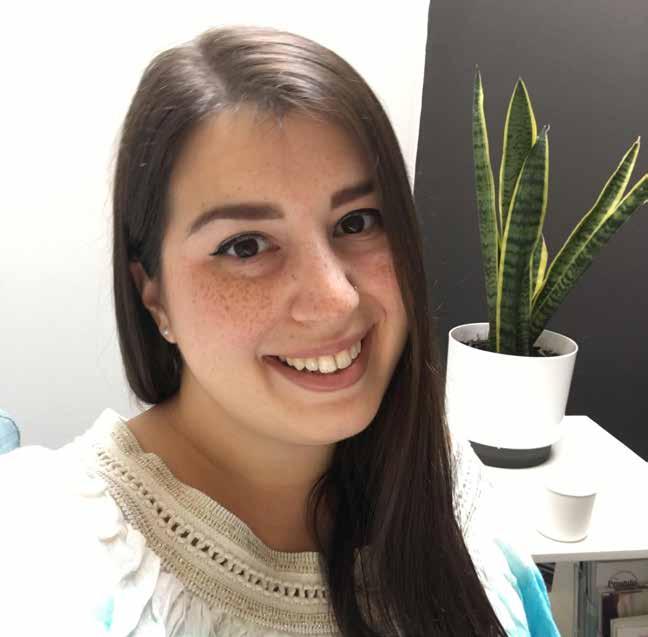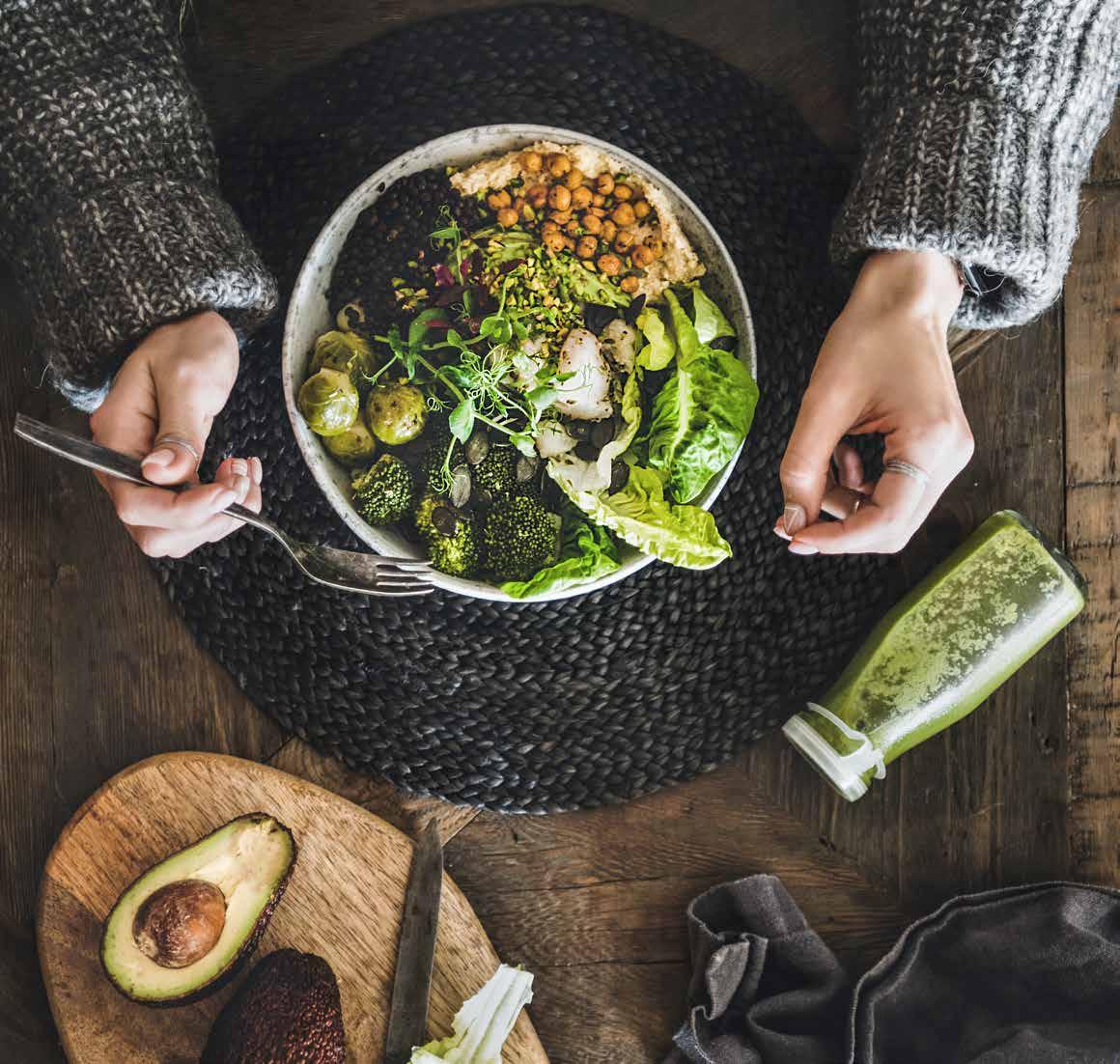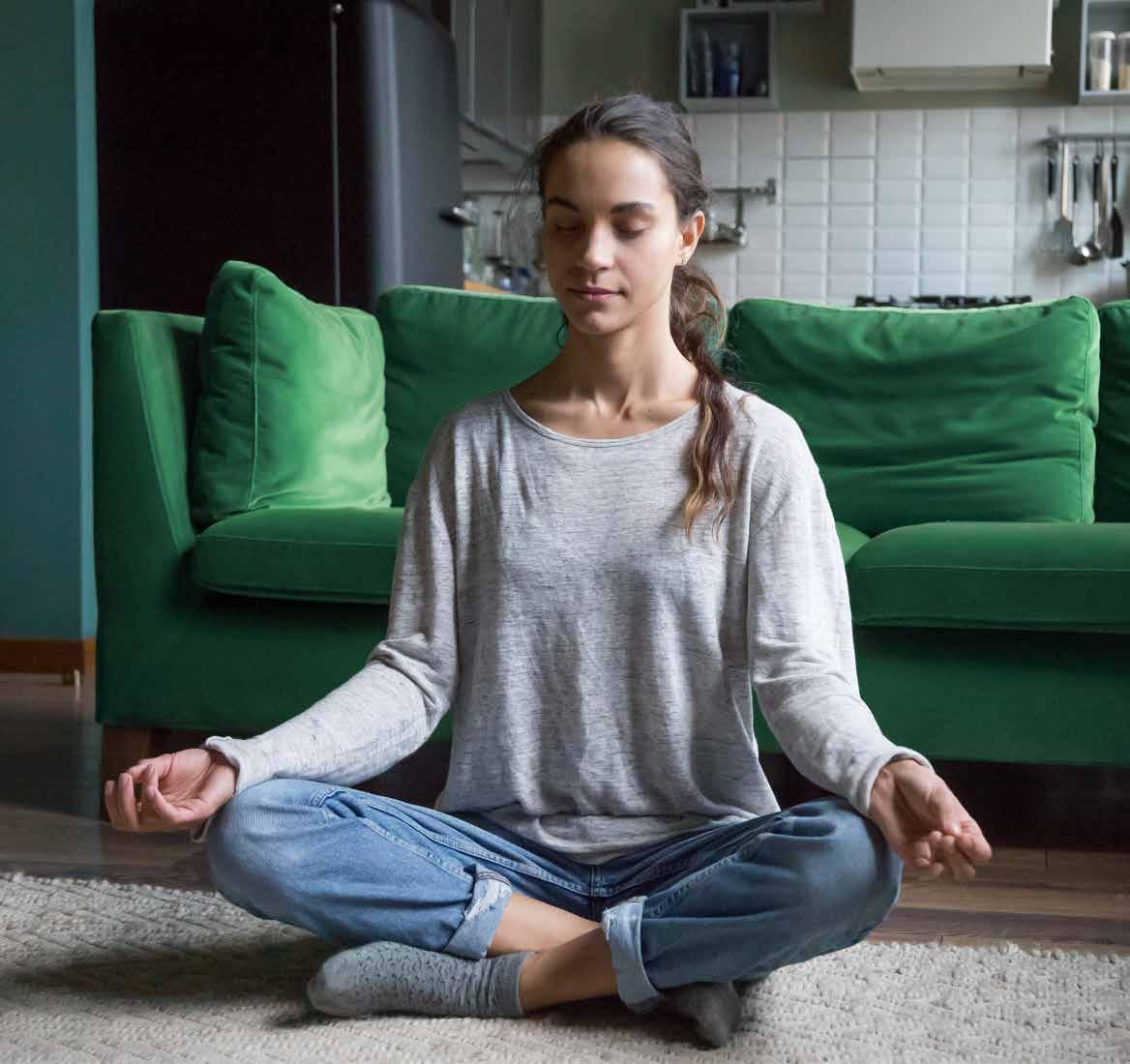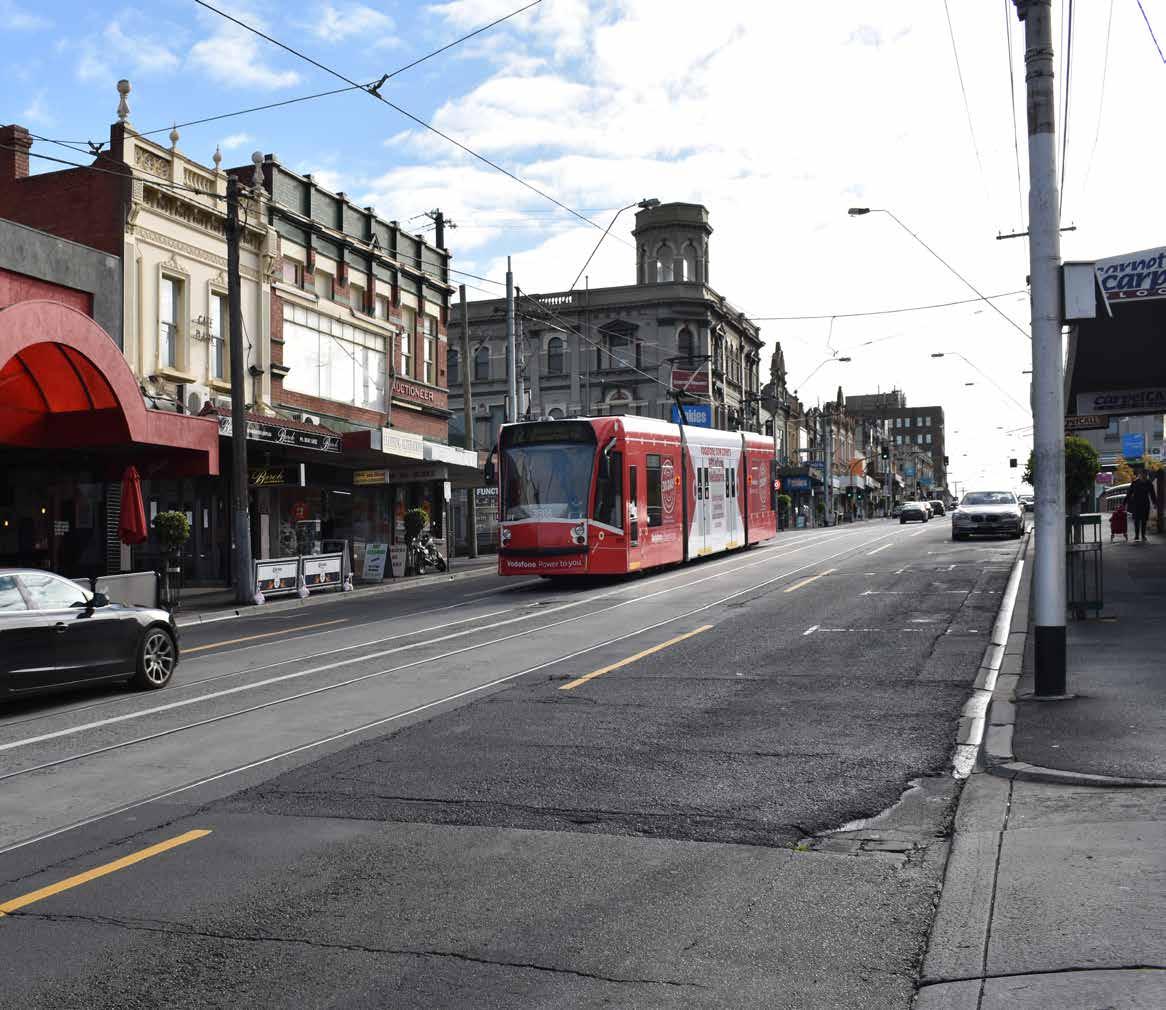
4 minute read
STATE OF ANXIETY
Our mental health has been placed under enormous pressure from the coronavirus pandemic, with many of us struggling with the outbreak’s impact on our lives. Here’s how you can manage your anxiety during this challenging time.
The coronavirus (COVID-19) outbreak has disrupted most parts of normal life, leaving many people feeling anxious and uncertain. Psychologist Kerry Athanasiadis, of Be You Psychology & Counselling in Camberwell, said feeling some anxiety right now was completely normal. “When there is a crisis or traumatic event or significant event like the one we’re going through now, people go into what are called fight, flight and freeze responses, which are body stress responses,” she said. The fight response sees people shift into making plans and taking action, while the flight response sends people into denial and avoidance. In freeze mode, people fall into a state of helplessness and depression. “Most people will cycle all three responses at some point. Some days you might be in action mode and others you might be feeling uncertain,” Ms Athanasiadis said. However, Ms Athanasiadis said we need to take steps to minimise that stress early on. “In the long term, we know that chronic stress does impact on our immune system,” she said. “When your body is constantly releasing cortisol into the blood stream, it can lower your immune defences over time. “I’m encouraging everyone to prioritise their mental health now — if people are constantly in fight, flight and freeze responses, it really does impact on your immune system over time.” One way to improve your mental health is to establish a daily routine. For people working from home or unable to leave the house, it’s important to maintain your normal routine. For example, if you usually go to the gym every day, then you should try to move your body at home in some way, whether it’s practising yoga or by doing a circuit of simple exercises. “When everything is changing around you, it’s about trying to maintain some kind of control over yourself,” Ms Athanasiadis said.
Advertisement
You can help lower your stress levels by eating a healthy and balanced diet, getting at least eight hours sleep, and practising relaxation or meditation at home.

Psychologist Kerry Athanasiadis, of Be You Psychology & Counselling in Camberwell
While guided meditation isn’t for everyone, it’s important to practice some form of relaxation such as taking a bath to calm your nervous system. One of the biggest challenges for many of us will be the loneliness that comes with social distancing, especially for older people and people living alone. “We need to be a little more creative to stay connected during these times,” Ms Athanasiadis said. Staying connected can be as easy as making a quick phone call, however some are catching up via a video call on FaceTime or hosting virtual dinner parties on Zoom and other video conferencing services. Facebook, Twitter, Instagram and other social media platforms also help people stay in touch with friends and family, however social media can be a double-edged sword. People should be mindful of getting their information from trusted sources and avoid reading too much negative news. “You can still use social media, it’s just how you use it,” Ms Athanasiadis said. “If you’re clicking on every single COVID-19 article, then you’re going to end up in a rabbit hole of anxiety. However, if you’re using it to stay connected with friends and family, then that’s a healthy way to use social media.” Ms Athanasiadis also challenged people to counter their negative biases, for even just a small moment each day. “We all naturally have a negativity bias,” she said. “Every day we’re being bombarded with negative information, so something that can help is spending a little time discussing some nice things that happened each day.” For anyone who is struggling with anxiety, professional mental health support might be the answer. Mental health support is also changing, with psychologists and counsellors like Ms Athanasiadis switching to phone and video counselling services in response to social distancing. People simply need a phone, iPad or computer with webcam capability to access video conference counselling, otherwise there is also phone counselling. Ms Athanasiadis said some people would find it difficult to open up at home due to privacy concerns. However, she advised that people could sit in their car or let the other people in your house know you were taking a private call and close the door. “We’re all trying to navigate this situation the best way we can, so it’s tough,” she said. “But people do need support, so we’re trying to make our services as flexible as we can during this time.”
If you or someone you know is struggling with their mental health, immediate support is available from Lifeline. Call 13 11 14 or visit lifeline.org.au

FIND LOCAL COUNSELLING SUPPORT
Be You psychology and Counselling
Phone: 0438 939 995
Visit: beyoupsychology.com.au
Nexus Psychology
Phone: (03) 9500 0751
Visit: nexuspsychology.com.au






